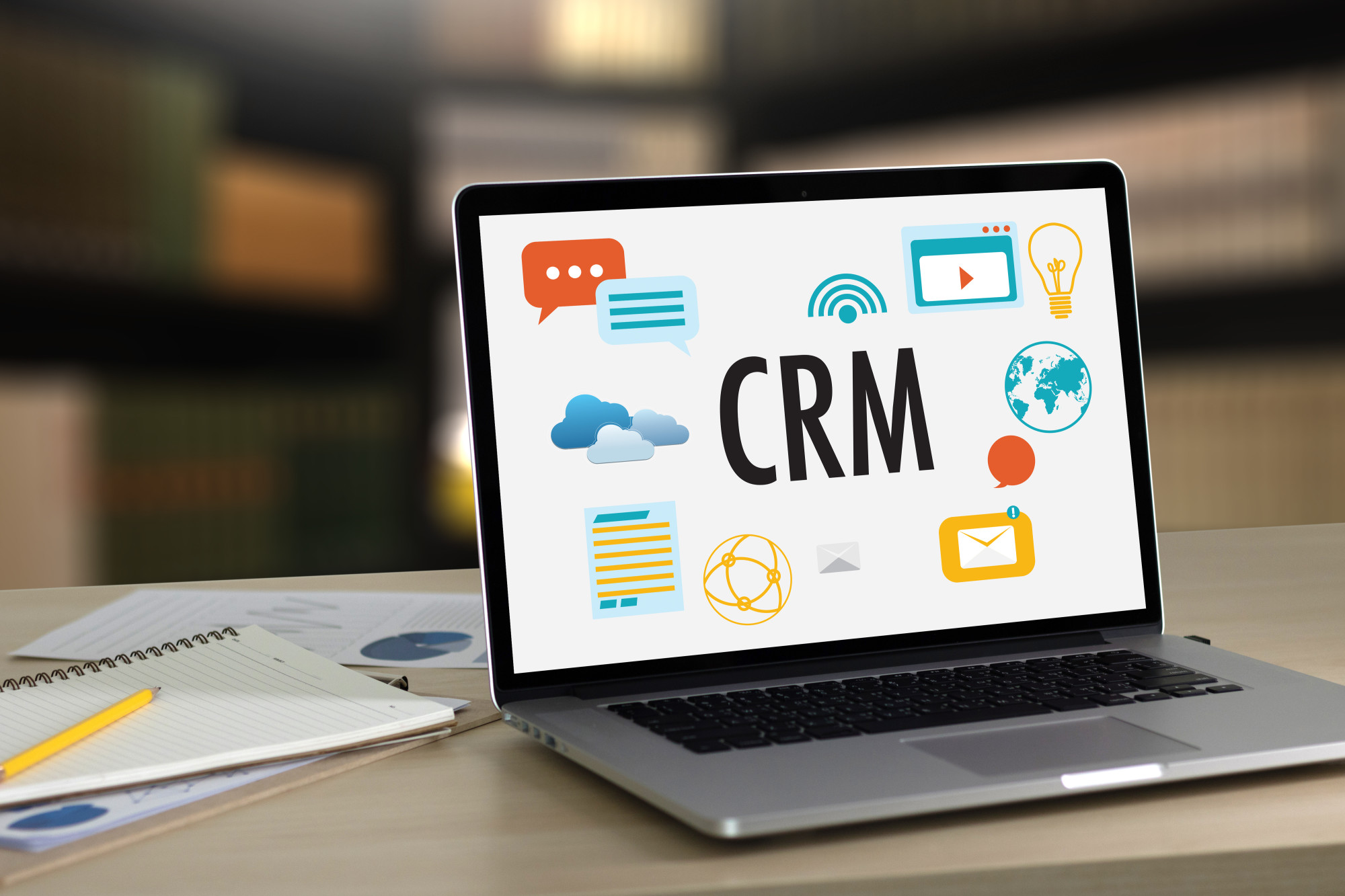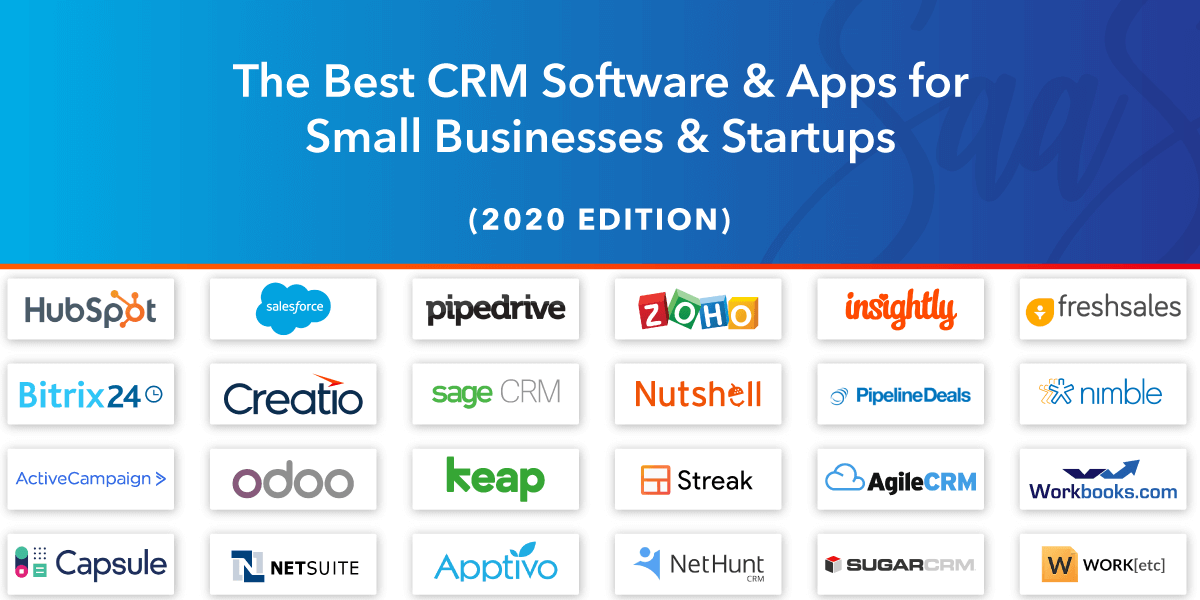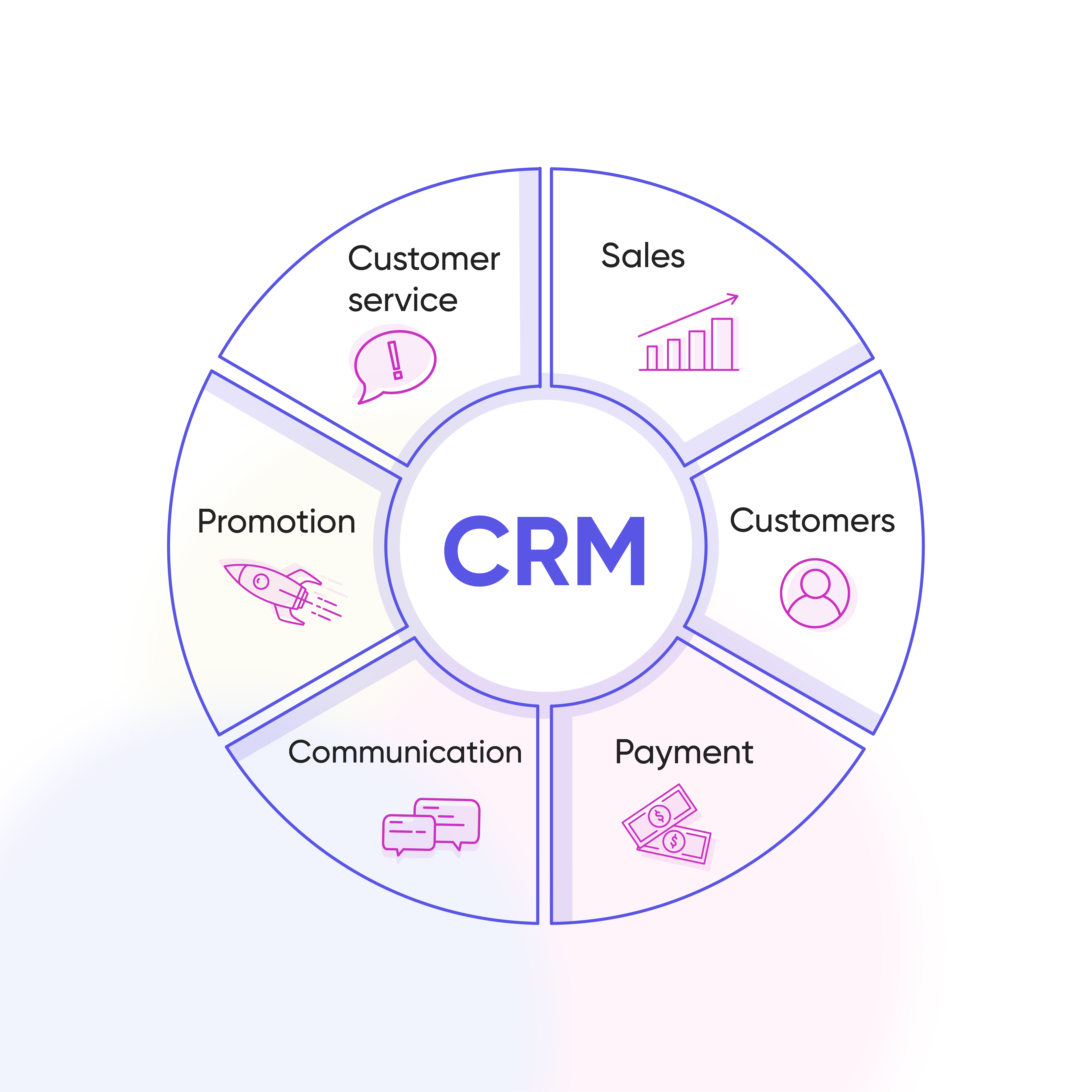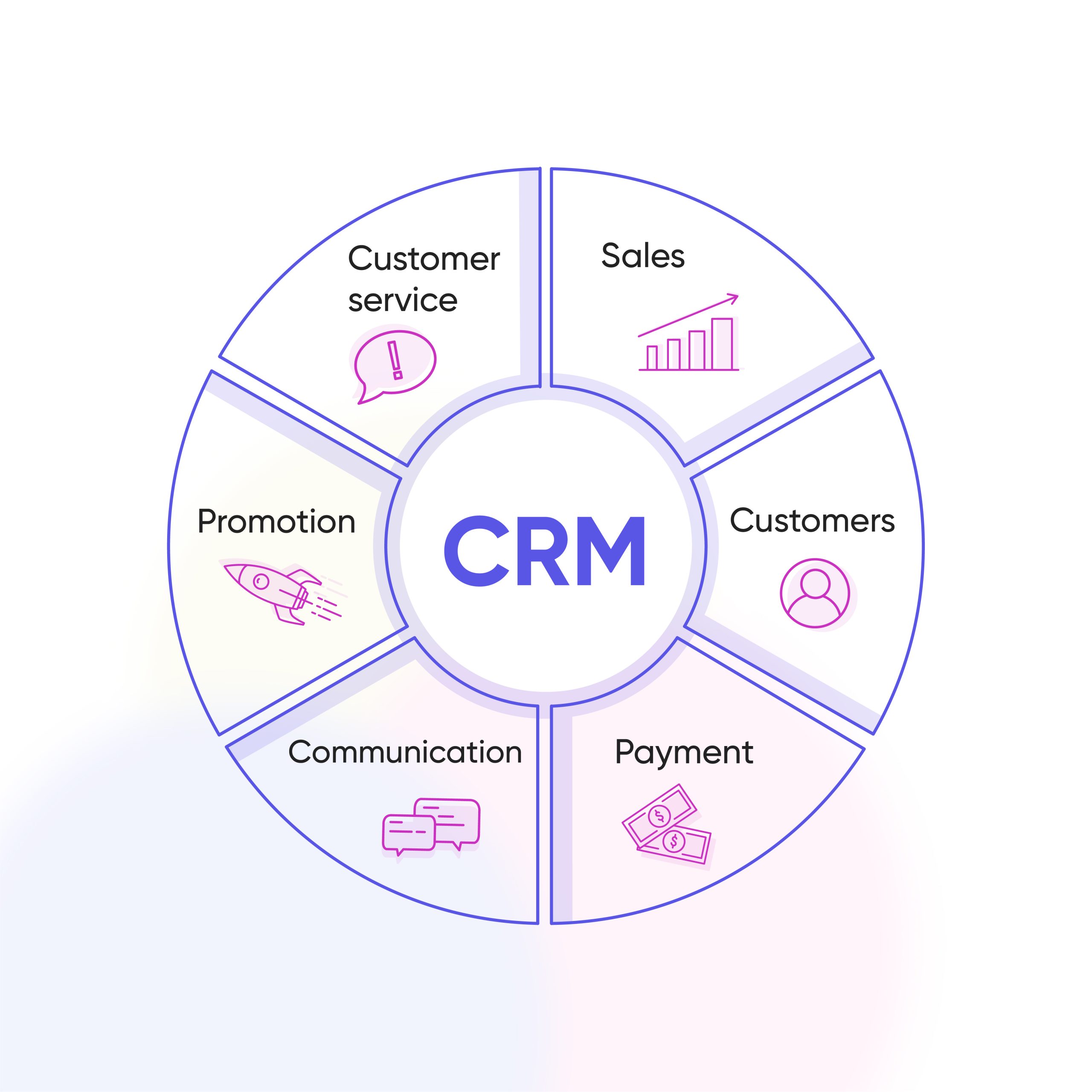Top 5 crm for small business – In today’s competitive market, small businesses need every advantage they can get. A customer relationship management (CRM) system can be a powerful tool for managing customer interactions, tracking sales leads, and automating marketing campaigns. In this article, we’ll take a look at the top 5 CRM systems for small businesses, and discuss the key features and benefits of each.
Overview of Top CRM Systems for Small Businesses

Customer Relationship Management (CRM) systems are essential tools for small businesses looking to manage customer interactions, streamline sales processes, and improve customer satisfaction. These systems provide a centralized platform for tracking customer data, automating tasks, and gaining valuable insights into customer behavior.
There are various types of CRM systems available, each tailored to specific business needs. Small businesses can choose from:
Cloud-based CRM Systems
- Hosted on the internet, accessible from anywhere with an internet connection.
- Easy to set up and maintain, with minimal IT support required.
- Scalable, allowing businesses to grow without outgrowing their CRM system.
On-premise CRM Systems, Top 5 crm for small business
- Installed on a company’s own servers, providing greater control over data security.
- More expensive and complex to set up and maintain, requiring dedicated IT resources.
- Less scalable than cloud-based systems, as businesses may need to purchase additional hardware to accommodate growth.
Open-source CRM Systems
- Free to download and use, offering a cost-effective option for small businesses.
- Require technical expertise to install and customize, which may not be feasible for all businesses.
- Less user-friendly and may not offer the same level of features as paid CRM systems.
Key Features to Consider: Top 5 Crm For Small Business

Selecting a CRM system that aligns with the specific needs of your small business is crucial. Consider the following essential features to ensure a successful implementation:
These features empower small businesses to streamline their operations, enhance customer engagement, and drive growth.
Contact Management
Effective contact management is the cornerstone of any CRM system. It enables you to:
- Centralize customer information, including contact details, preferences, and interactions.
- Segment and filter contacts based on demographics, behavior, and other criteria.
- Track customer communication history, including emails, calls, and social media interactions.
Lead Tracking
Lead tracking is essential for nurturing potential customers and converting them into paying clients. A CRM system should allow you to:
- Capture leads from various sources, such as websites, social media, and email campaigns.
- Qualify leads based on predefined criteria to identify those most likely to convert.
- Assign leads to sales representatives and track their progress through the sales pipeline.
Sales Automation
Sales automation features streamline the sales process, saving time and increasing efficiency. Look for a CRM system that offers:
- Automated email campaigns to nurture leads and promote products/services.
- Sales forecasting tools to predict revenue and identify growth opportunities.
- Integration with other business applications, such as accounting and project management software.
Customer Service
Excellent customer service is vital for building long-term relationships and fostering loyalty. A CRM system should include features that enable you to:
- Track customer support requests and resolve issues promptly.
- Provide self-service options, such as knowledge bases and FAQs.
- Analyze customer feedback to identify areas for improvement.
Closing Summary

Choosing the right CRM system for your small business can be a daunting task, but it’s important to take the time to find a solution that meets your specific needs. By considering the key features and benefits of each system, you can make an informed decision that will help you grow your business and improve customer satisfaction.
